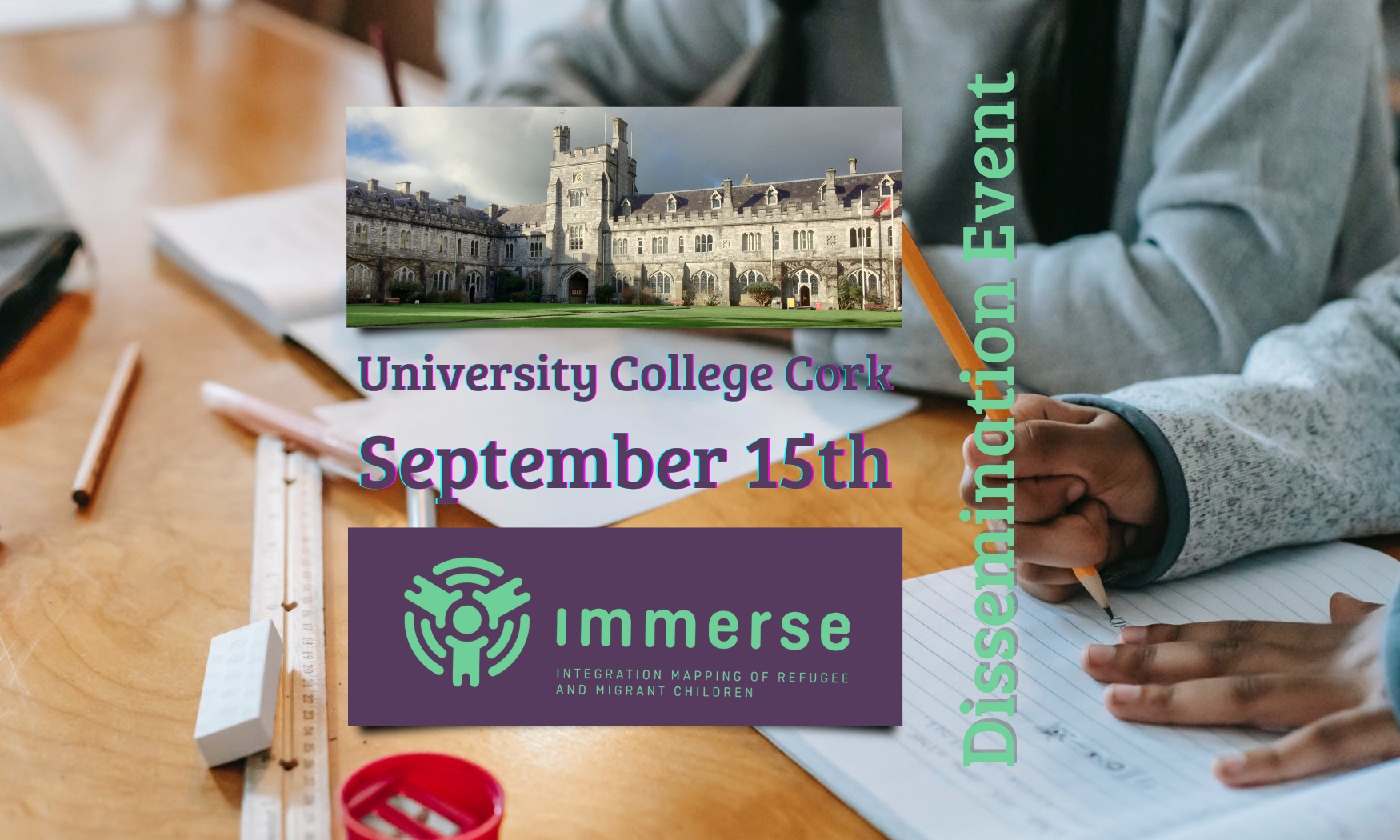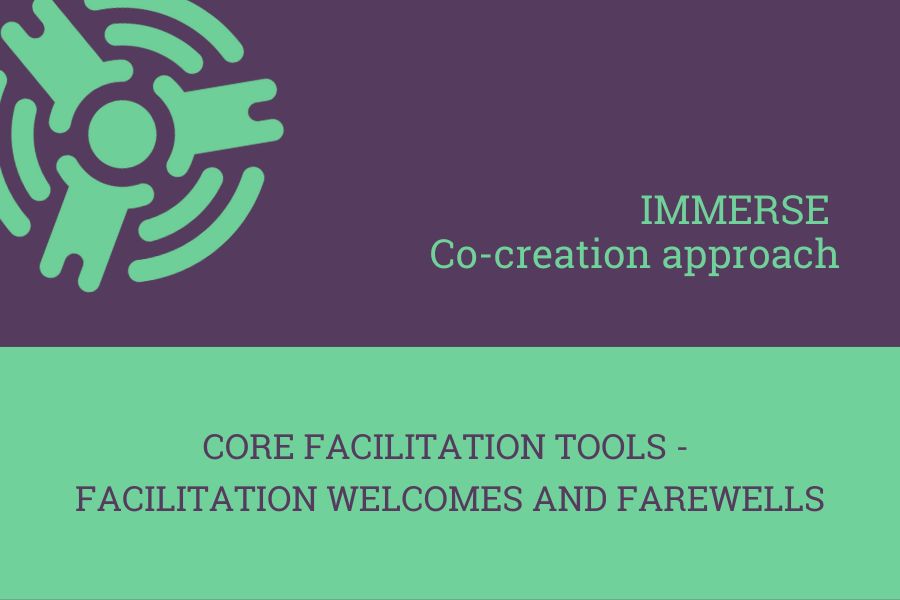Description
The Syrische Vrijwilligers Project is a 1-year project that was co-founded by 5 volunteers with a refugee background and co-financed by the government. The idea came when the 5 volunteers got the refugee status in March 2016 and experienced the difficulties of the process when you don’t speak the language of the host country. The objective of the project was to help people to improve their language in order to help them to integrate, study, etc. The Syrische Vrijwilligers was based in Antwerpen, because of the high number of people with refugee and migrant backgrounds. The project involved more than 100 students in a short period. The project started in November 2016 and ended in November 2017 due to the lack of funding.
- Access to compulsory education
- Children maintain their cultural identity while adopting new cultural values and intercultural competences
- Children remain in (formal) education beyond compulsory levels / Access to (formal) non-compulsory education
- Children's competence in host language
- Children's life satisfaction / happiness
- Children's sense of belonging
- Friends and peers (bridges)
- Friends and peers (support)
- Types & levels of (formal) non-compulsory education attended
Evaluation ex post
Information not available
Projects’ deliverables
Information not available
Reproducibility
Information not available
Motivation for the submission
This project was a grass roots attempt to address a systemic problem in Belgium relating to integration and despite some funding by government was unsustainable due to lack of funding - which itself reflects one of the systemic problems migrants face.
Links



